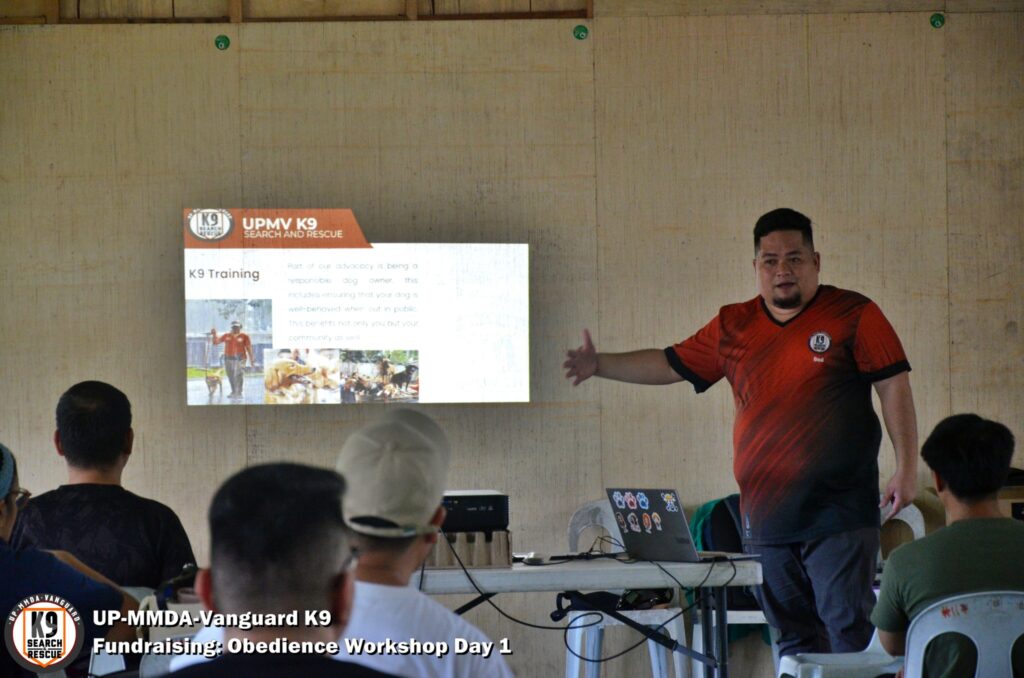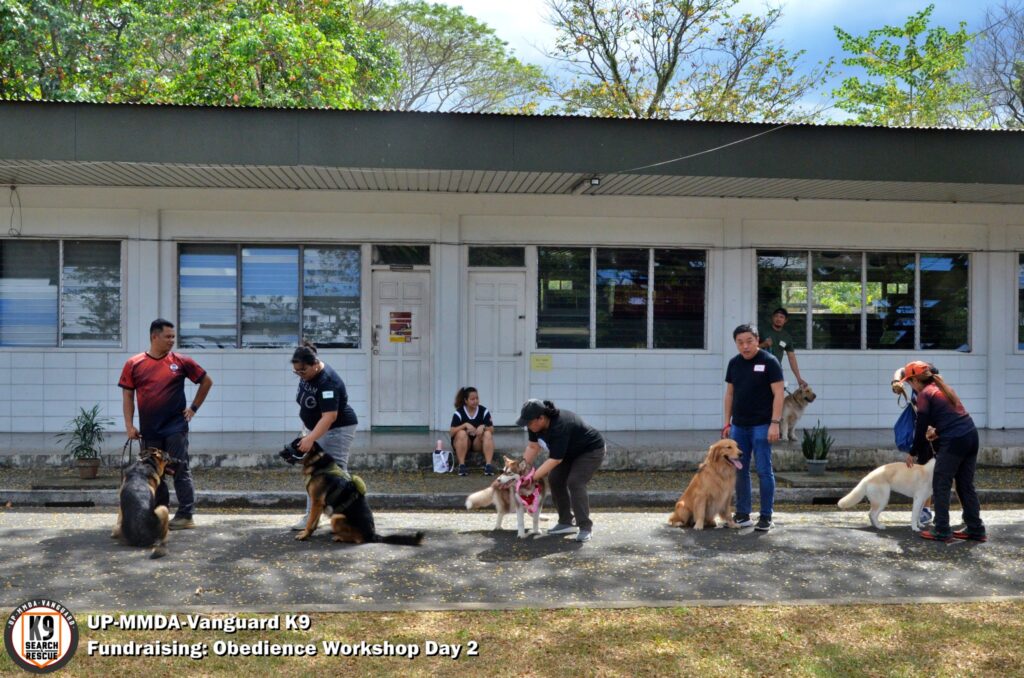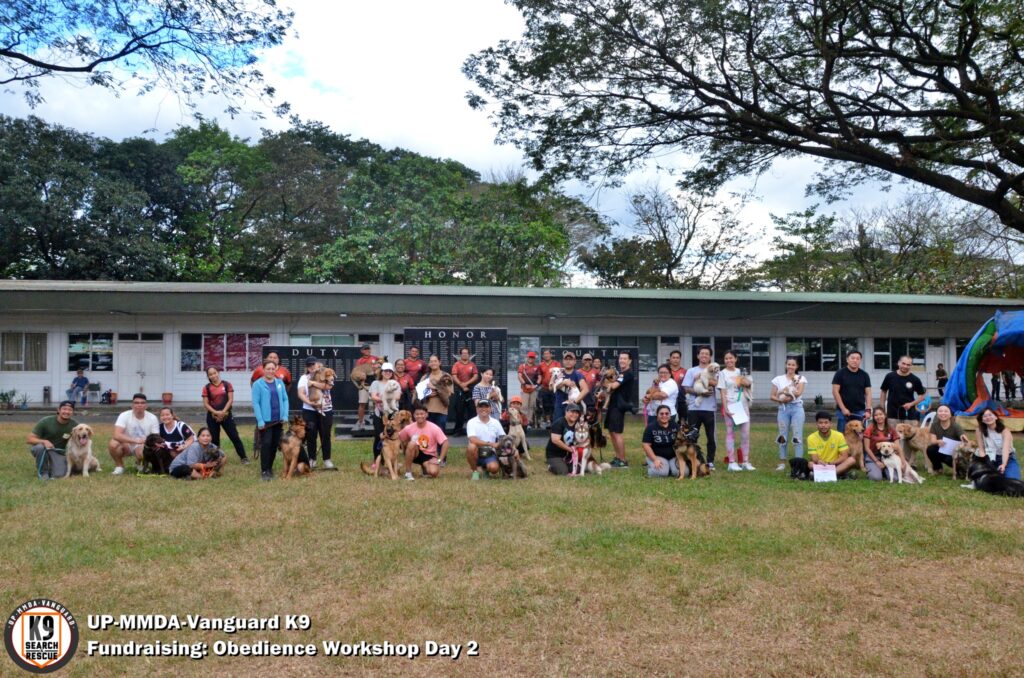Mr. President, it was in the year 1860 when a Swiss chemist discovered DNA. In 1986, the year I graduated from the Philippine Military Academy, DNA was used to solve a murder case in the United States of America. Today, thirty seven years later, I stand before this august body to sponsor Senate Bill No. 2474 under Committee Report No. 161, entitled “An Act Establishing the Philippine National Police Forensic DNA Database, Appropriating Funds Therefor” or the “PNP Forensic DNA Database Act”. I believe it is not a coincidence, Mr. President.
Deoxyribonucleic (dee-ok-see-ray-bo-nook-lee-ayk) Acid or DNA is a genetic code that can be found anywhere in which a person has been in contact with – either a person or a thing. The DNA that is found in every nucleated cell of the human body can be collected from people’s skin, blood, saliva and bone.
Kung noon po ay isang foreign o alien concept ang “DNA”, sa pagdaan po ng mga panahon, sa tulong na rin ng telebisyon at social media, unti-unti na rin po itong nauunawaan ng ating mga kababayan. Hindi na rin po mabilang ang mga pelikula o mga telenovela kung saan ang tema o plot ay may nagkapalit na mga sanggol mula pagkabata at magtatagpo sa isang happy ending.
Ngunit marahil ay pinaka naging popular po ang DNA nitong mga nakaraang taon lamang, noong unang maipalabas sa telebisyon ng programa ng iginagalang na broadcaster na si Ms. Jessica Soho ang kauna-unahang documented case ng “baby-switching” sa ating bansa. Sinubaybayan po ito ng ating mga kababayan ng higit sa isang buwan. Bagama’t pinahahalagahan ng ating kultura ang tinatawag na “lukso ng dugo”, ang kasong nabanggit ay naresolba pa rin sa pamamagitan ng siyensiya—ng DNA testing.
More than being instrumental in reuniting loved ones, the DNA [Database] will also help us in times of calamities, Mr. President. Under the proposed measure, the DNA database system will be used to assist our government in the identification of missing persons or unidentified human remains, such as victims of natural disasters.
Marahil ay kulang ang salita upang mailarawan ang sakit na nadarama ng isang nawalan ng mahal sa buhay. Lalo’t higit kung ang pagkakasawi ay dinulot ng isang trahedya na hindi lamang bumawi ng kanilang buhay kundi kumuha maging ng kanilang pagkakakilanlan. Malaki po ang ginagampanan ng DNA testing sa pagbibigay ng closure sa pamilya ng mga biktima. At minsan, sa pambihirang pagkakataon, nakapagbibigay din ang DNA results ng pag-asa para sa ilang umaasa na buhay pa ang kanilang mga kaanak.
Mr. President, allow me to enumerate some accomplishments on Disaster Victim Identification (DVI) that was made possible because of DNA testing:
● 73 out of the 74 Kente Fire incidents victims in Valenzuela City in 2015 were successfully identified through DNA and were returned to their respective families for proper burial.
● In 2021, a C130 Plane crashed in Patikul, Sulu. In this crash, 51 out of 53 samples were subjected to DNA analysis for identification. 21 were positively identified and were returned to their respective families for proper burial.
● Recently, all 15 victims of the Tandang Sora Fire incident on August 31, 2023 were successfully identified through DNA and were returned to their respective families.
DNA testing cannot bring the departed back to life. But, somehow, it brings a little semblance of peace to those who have to go through the painful process of grieving and healing.
Mr. President, I believe that this DNA Database will help to give a human face to victims of disaster. Hindi dapat natin hinahayaang may mamatay nang hindi man lang nakikilala o nakukumpirma kung sino sila. No matter how heartbreaking their deaths may have been, it is perhaps a final act of kindness, a last grant of dignity, for them to be identified and properly mourned for in death.
But aside from being instrumental in reuniting families and identifying victims of disasters, DNA, for the longest time, has been an essential part of crime-solving. What seems to be a remarkable and technologically advanced manner of processing material evidence seen in shows such as “CSI: Crime Scene Investigation” is in fact not a mere fragment in the imagination of creative writers. It is the actual standard in evidence-gathering in the United States.
Nakatutuwa nga pong isipin, na marami sa mga episode ng true crime show na “SOCO” ni Mr. Gus Abelgas ay nakapagpakita ng kahalagahan ng DNA testing. Maaari po sigurong malusutan ng isang kriminal ang kaniyang kasalanan sa korte sa pamamagitan ng false testimonies o pagsisinungaling. Pero hindi po kailanman niya maipagkakaila ang katotohanan na [kayang isiwalat] ng isang DNA result.
Mr. President, as I have said, DNA testing is the most powerful tool for human identification. DNA evidence is among the most valuable pieces of evidence used in criminal cases. Apart from identical twins, no two people have the same DNA, meaning the use of such evidence can either prove a person’s innocence or guilt with great accuracy. The Supreme Court has long recognized the admissibility of DNA evidence in court and provided judicial guidelines for the collection, handling and storage of biological samples in the Rule on DNA Evidence, which [it] promulgated in 2007 (A.M 06-11-05-SC). As such, this goes to show that this proposed measure complements the rule issued by the Supreme Court.
Madalas po natin marinig ang mga paratang na hindi patas ang hustisya sa ating bansa, na ang katarungan umano ay para lamang sa may mga salapi. Hindi nga raw pwede sa ating bansa ang death penalty dahil sa ating umano’y “imperfect justice system”. But I digress, Mr. President. The issue about the death penalty, after all, is a debate for another day.
Ang akin pong pinupunto at nais sabihin ay: maraming mga aspeto hindi lamang ng crime solving kundi pati ng proper at swift delivery of justice ang matutulungan ng DNA testing. Hindi lamang po ito instrumento upang makapagpabilanggo, kundi instrumento rin ito upang makapagpalaya.
Madalas niyo rin pong marinig mula sa akin na dapat bigyan ng katauhan at pangalan ang mga gumagawa ng kasamaan. Hindi sila dapat hayaan na takasan ang kanilang pananagutan sa batas. Tunay po na walang baho na hindi sisingaw. Walang lihim na hindi nabubunyag. Naniniwala po tayo rito, pero gamitin natin ang teknolohiya, ang DNA testing, para mapabilis ang pagkamit ng katarungan.
Having said that Mr. President, the DNA database under the Philippine National Police (PNP) will serve as a powerful deterrence. There will always be a very good chance that one of the hands of the potential offender will be caught in the cookie jar. DNA are trails that would lead to the resolution of a criminal case. This preventive aspect adds another layer of security to the overall law enforcement strategy.
I began by stating that I believe it is not a coincidence for me to sponsor this measure today. More than a hundred sixty years have passed since the discovery of DNA. I hope that this year will be the year that this Senate, together with our country as a whole, puts [that] discovery to its best, most humane use possible.
With your support and the support of our colleagues, I know it can be done. Maraming salamat po, Mr. President.





















